About the Minisforum UM890 PRO
A compact yet powerful mini PC featuring AMD's 8-core Ryzen 7 7840HS (5.1GHz) with Radeon 780M graphics, 32GB DDR5 RAM, and innovative Cold Wave 2.1 cooling. Standout features include an OCuLink port for eGPU expansion, dual 2.5G Ethernet, and quad-display support—ideal for productivity, light gaming, and network applications.
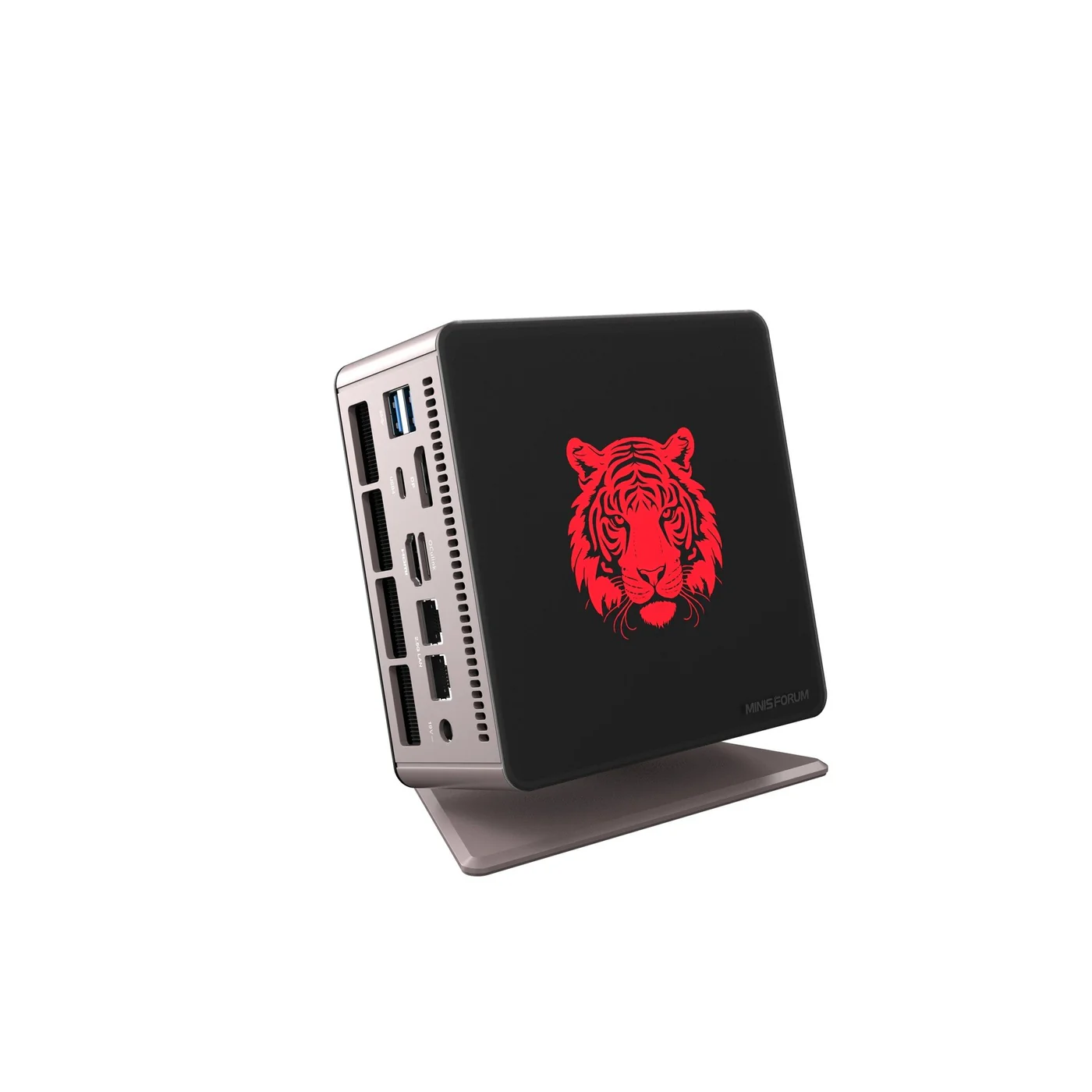
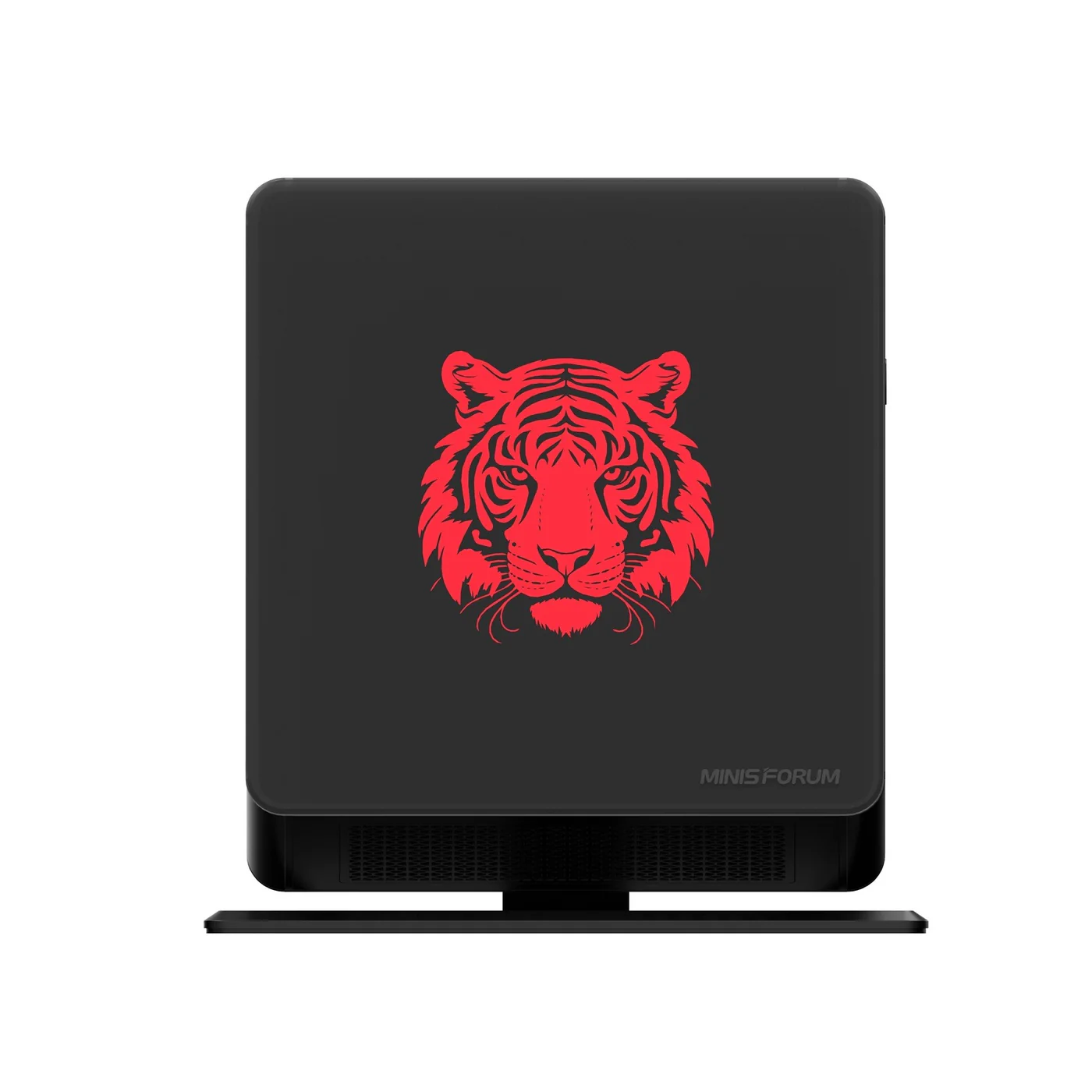
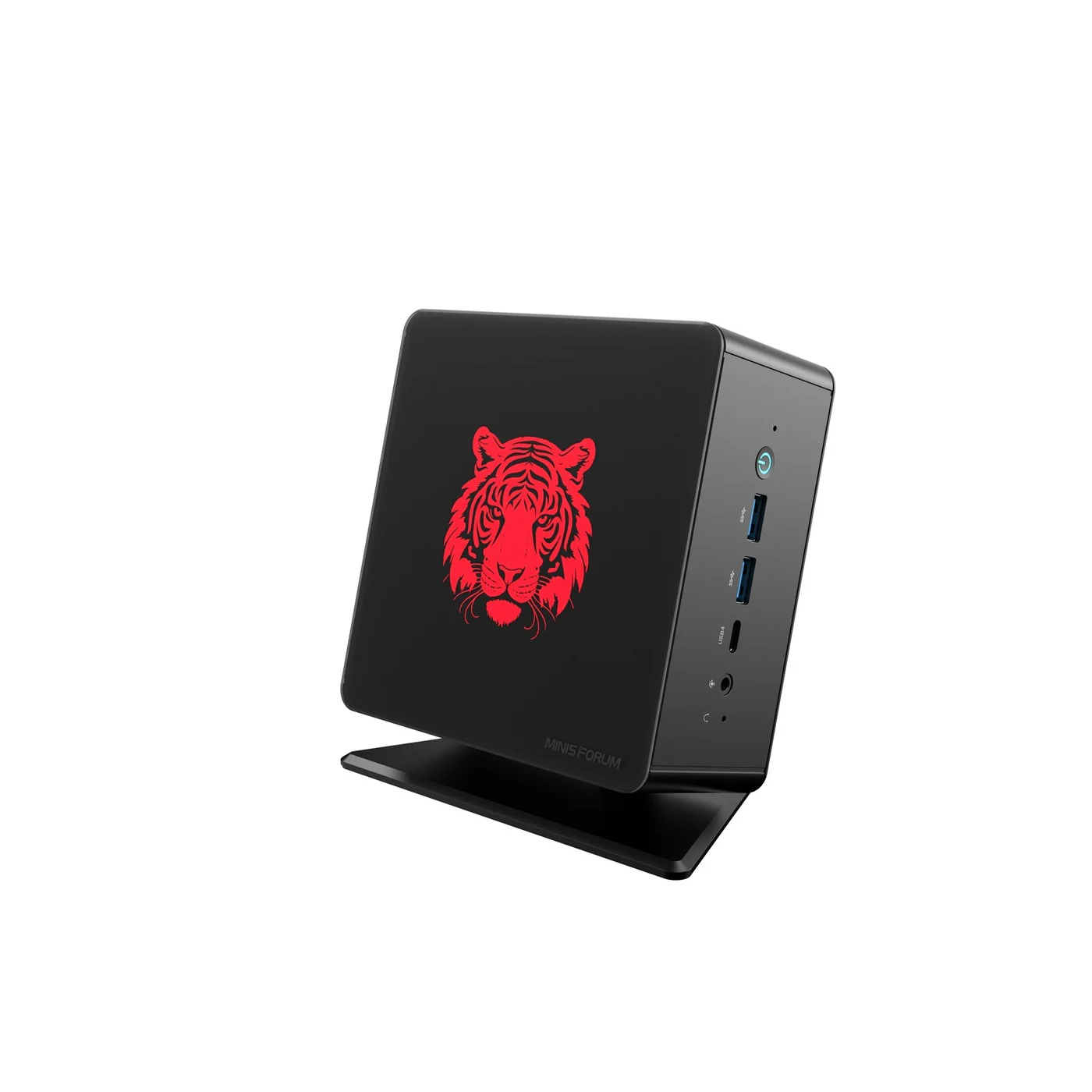
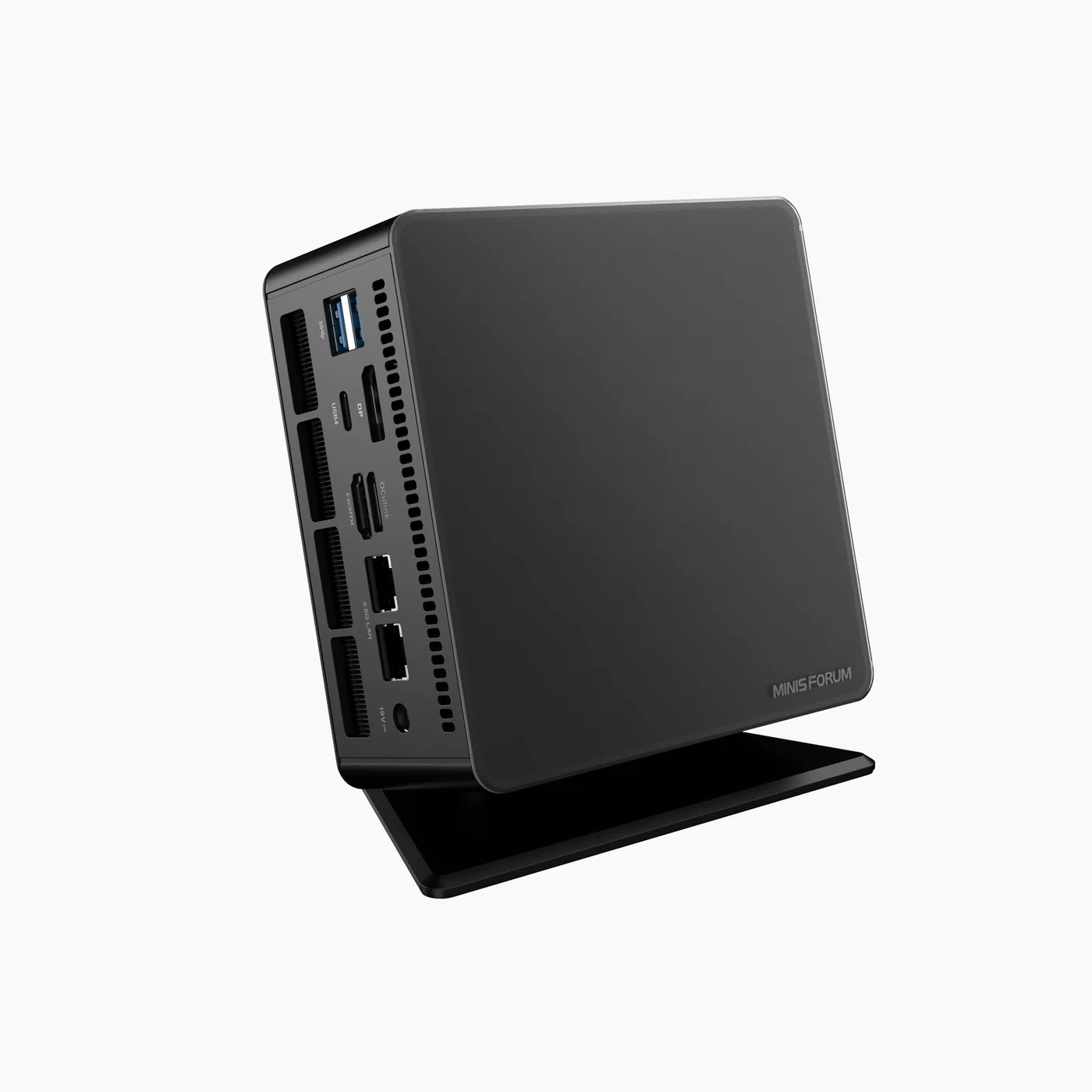
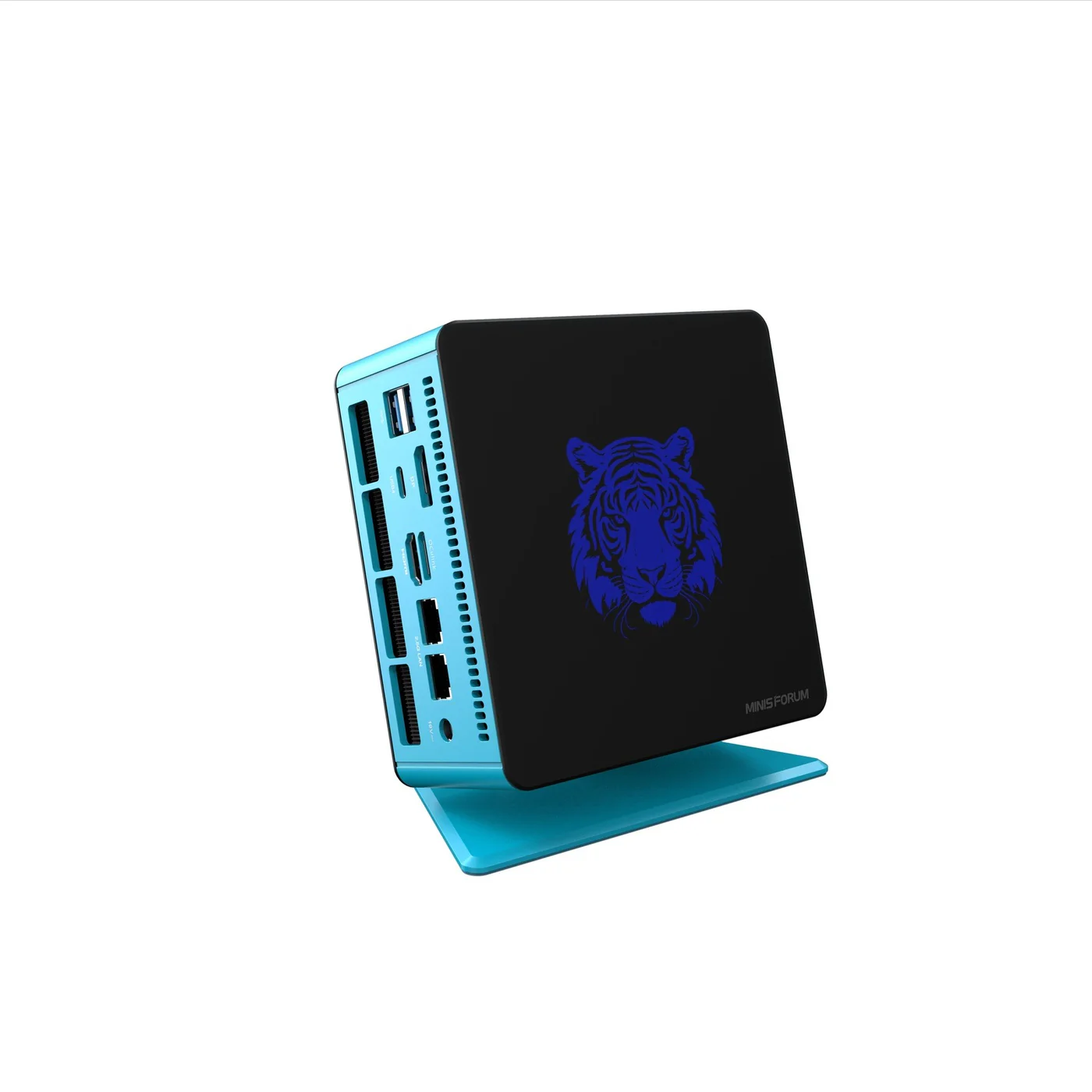
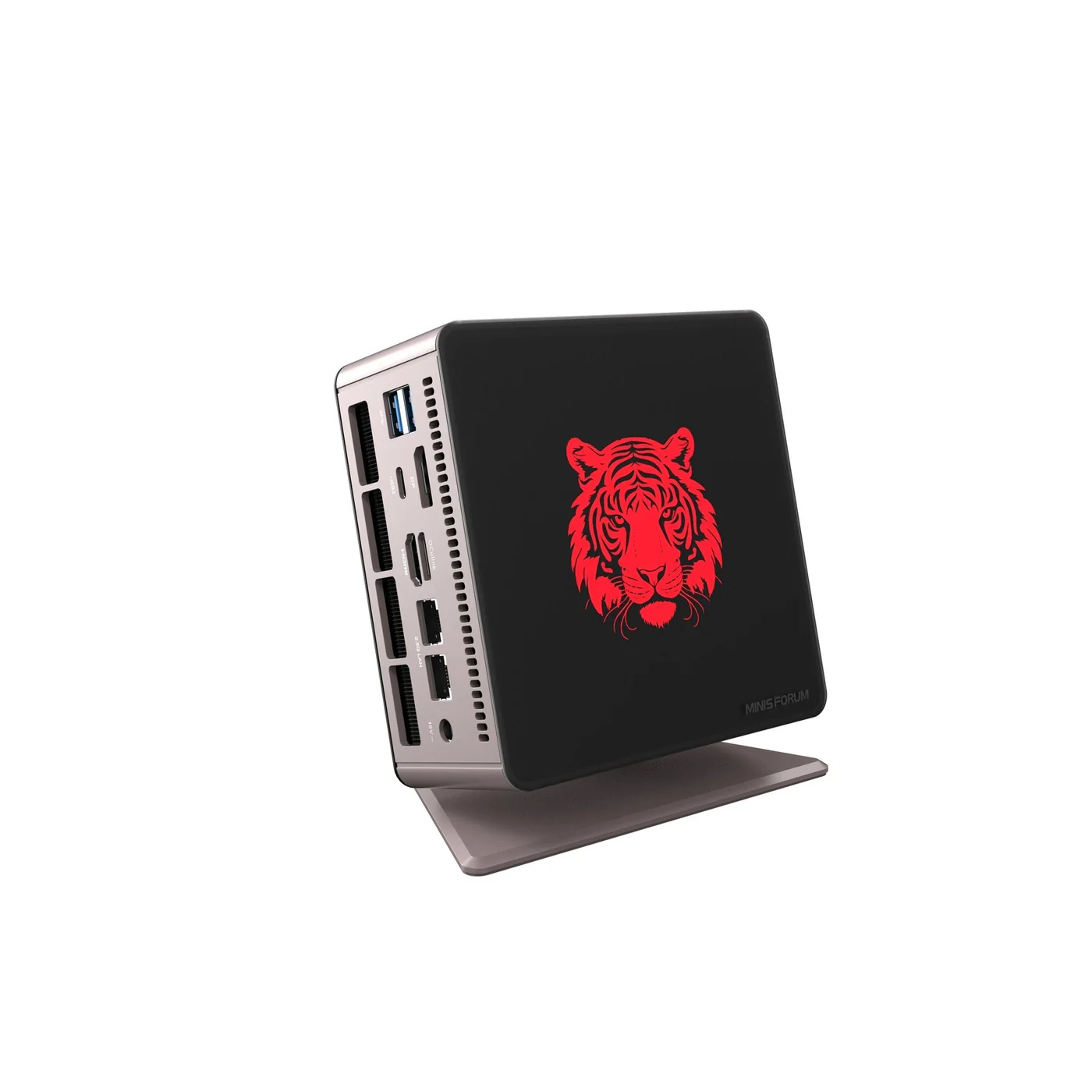
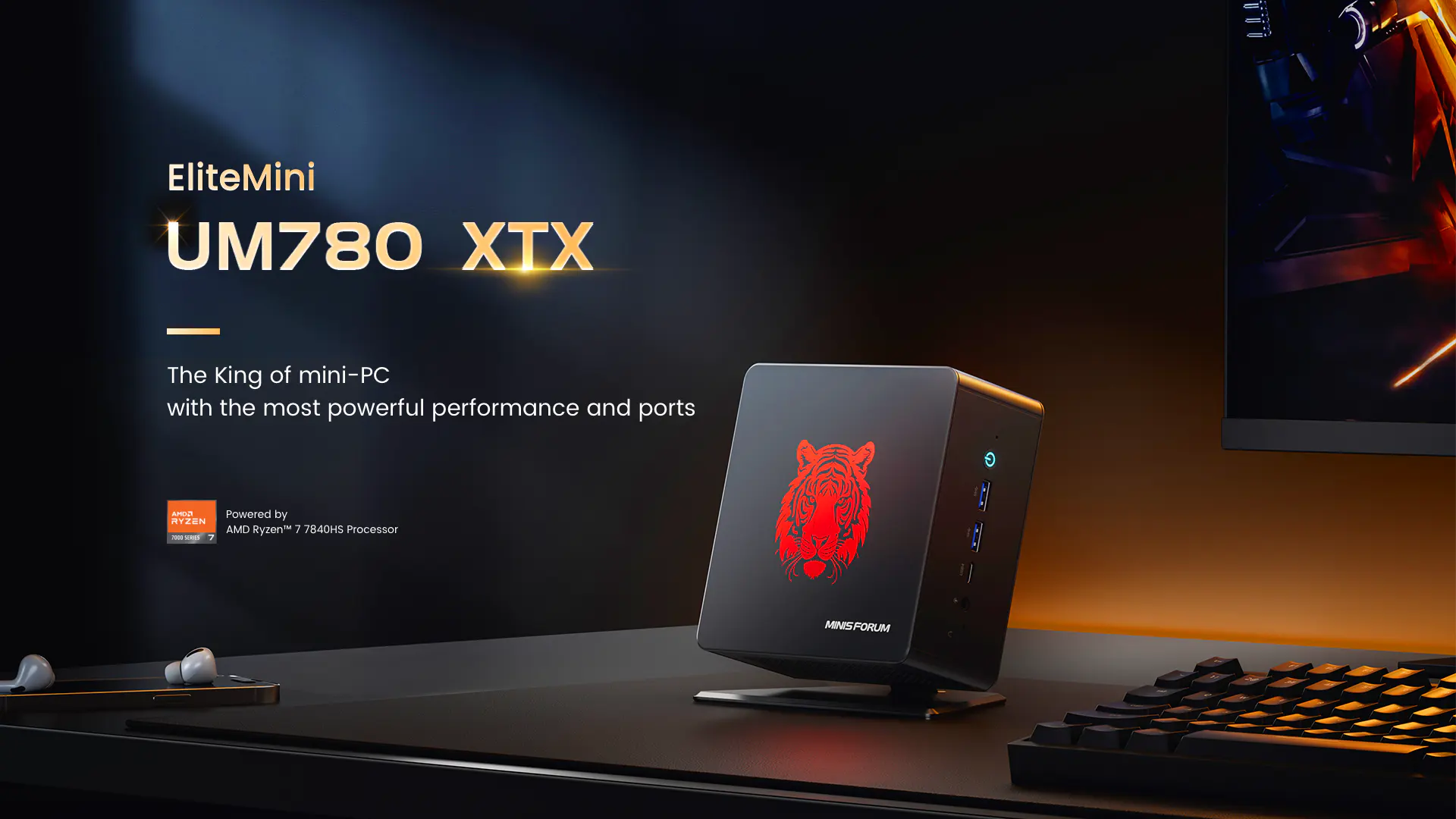
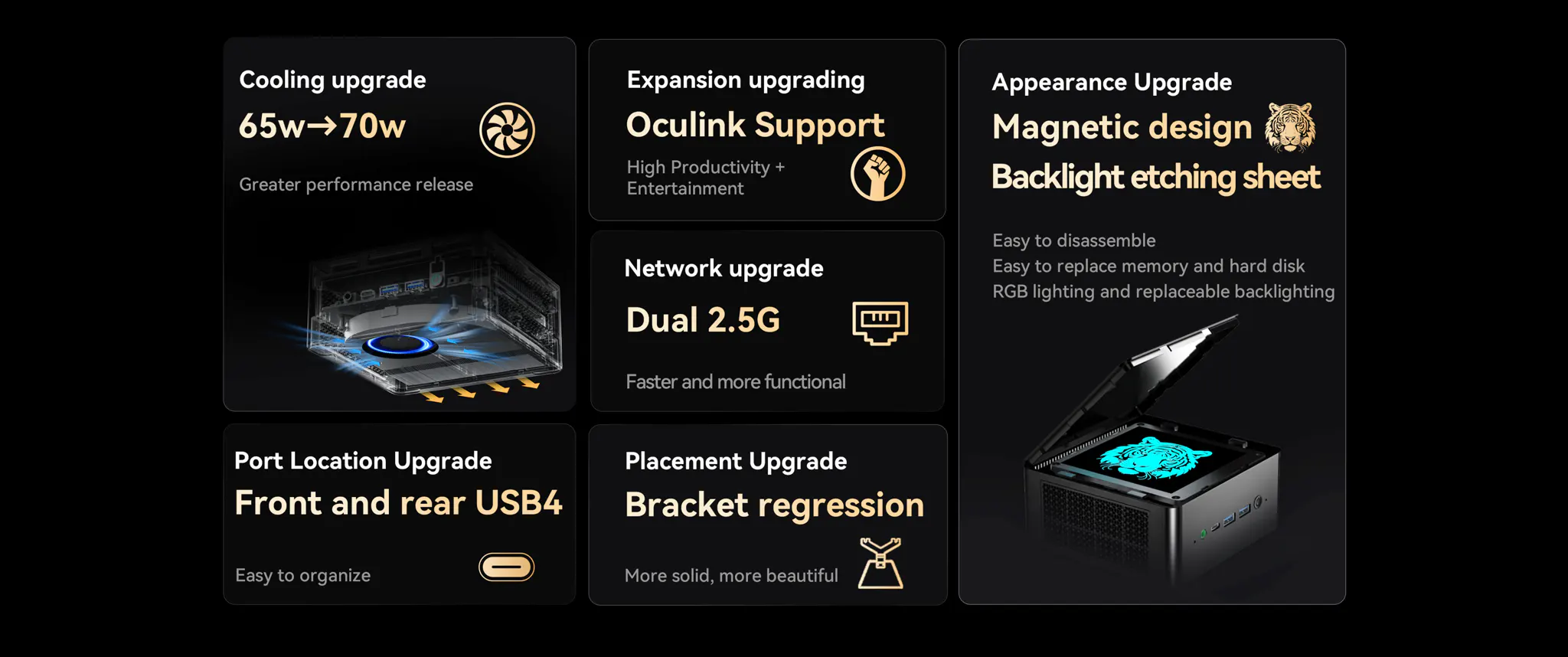
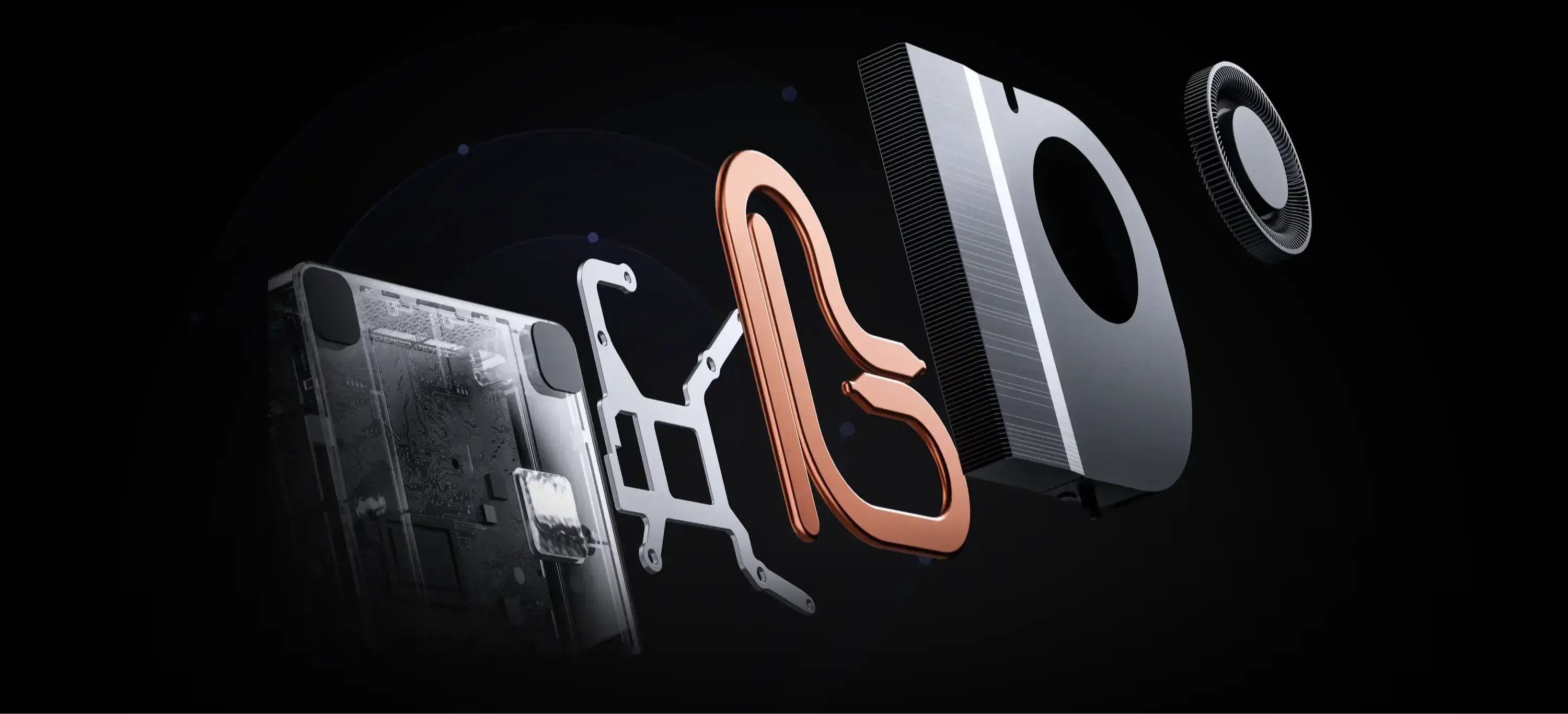
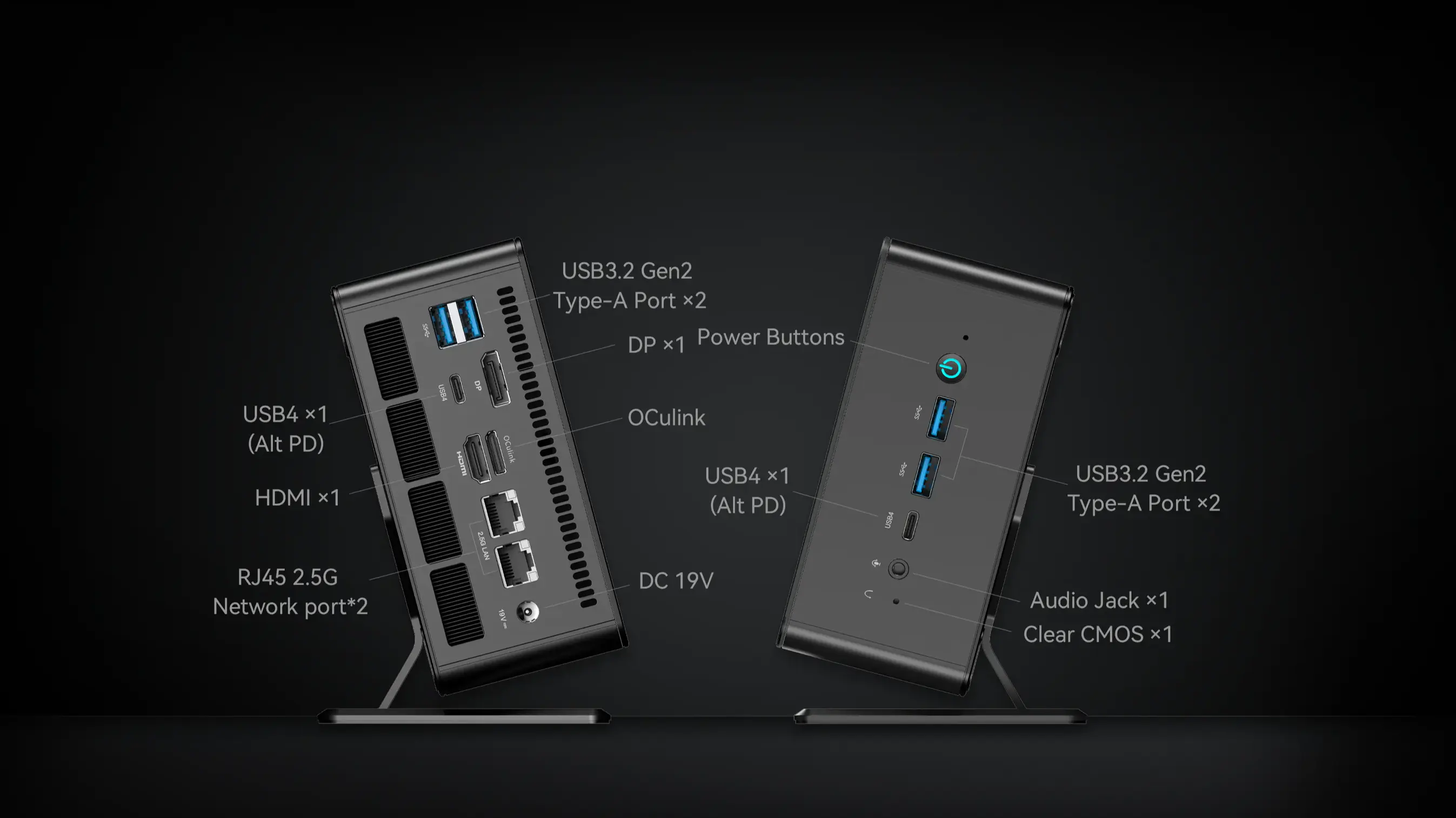
Comments
Login to post a comment.
No comments yet. Be the first to comment!